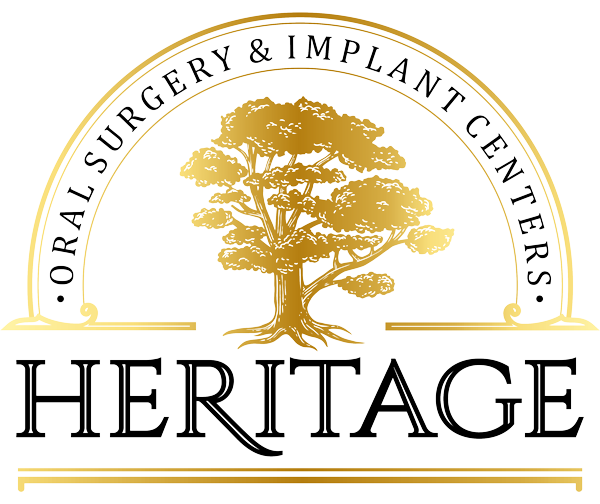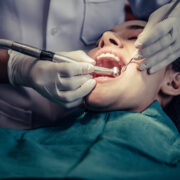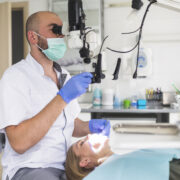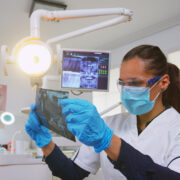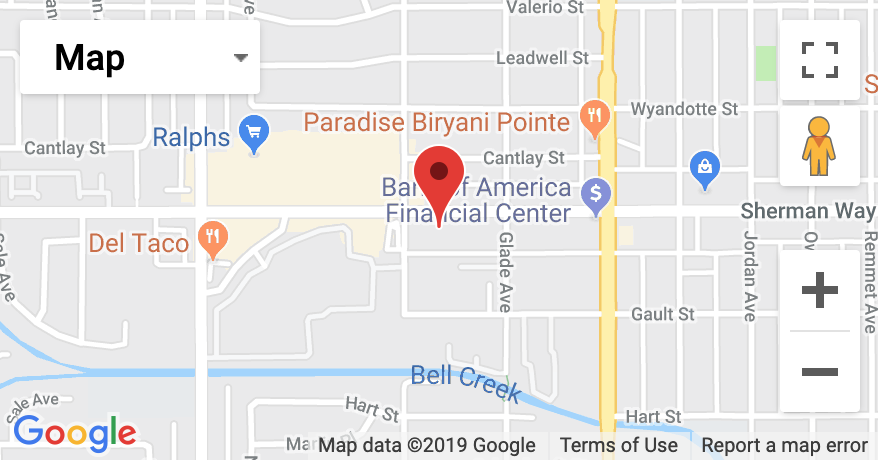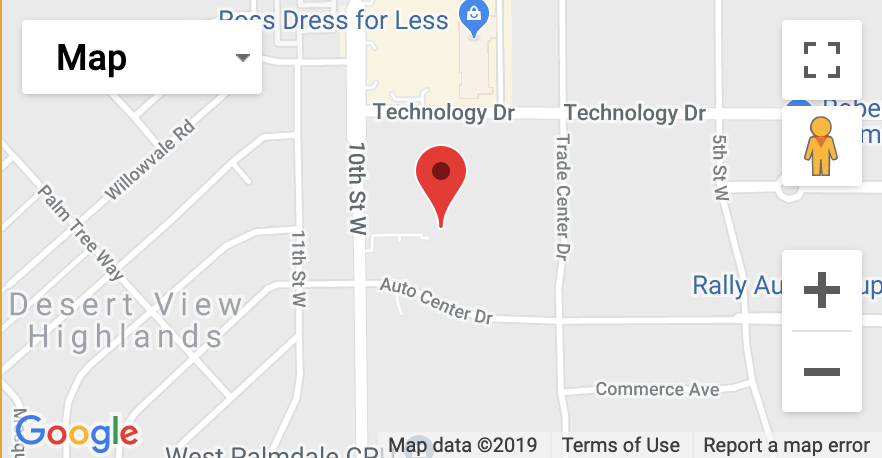Preparing Your Child For Oral Surgery Before Braces
Younger children often need to have oral surgery before they are fitted with braces. When this situation arises, it’s important to prepare your child for the experience. When a child hears the word “operation” or “surgery,” they may have feelings of fear or anxiety. But with some patience, explanations, and reassurance, you may be able to quell those fearful feelings and help your child through the experience.
Explain the Reason
Children are always asking “why.” Your child will understand the need fororal surgery in Palmdale, CA, better if they understand the reasoning behind it. Sit down with your child and take the time to explain why the oral surgery is needed. Answer your child’s questions as best you can. If you need help with this process, contact your oral surgeon’s office for information.
Go Through Pre-surgery Instructions
Your child’s oral surgeon will give you pre-surgery instructions. Don’t just read these and keep them to yourself. Go over them with your child. This will help your child feel more empowered over the process and let them know that they are a part of it, not just the patient. This will also help because when you ask them to do something or not do something because of the instructions, your child will understand that it’s a doctor’s order.
Keeping Things Calm
Before the oral surgery, keeping things calm around the house. Most children get into things and test their parent’s patience. But try to avoid doing or saying anything that may upset your child before surgery. For best outcomes, it’s best that your child enters surgery in a positive frame of mind. One idea is to get your child to laugh and smile ahead of time by reading a favorite book together or talking about something that amuses them.
Don’t Skip Oral Hygiene
Your child may feel like they shouldn’t touch anything in their mouth ahead of the surgery. This could make them feel like they shouldn’t brush or floss their teeth. However, it’s best to maintain their usual oral hygiene all the way up to the morning of the surgery appointment.
If you have any questions, please feel free to contact yourPalmdale, CA, oral surgeon for more information about preparing your child for oral surgery.

